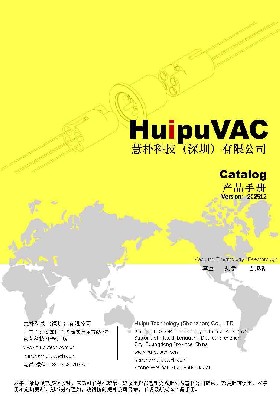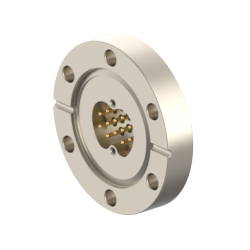Ordinary ceramics are opaque because they contain impurities and pores. Impurities will absorb visible light, and pores will scatter light waves. If you select high-purity raw materials that do not absorb visible light and eliminate pores through technological means, transparent ceramics can be produced.
The melting point of these transparent ceramics is generally above 2000°C. Therefore, they not only have excellent optical properties, but are also resistant to high temperatures. Their transparency, strength, and hardness are higher than ordinary glass. They are resistant to abrasion and scratches, and can be used To make bulletproof glass, observation windows for tanks, bomber sights for bombers, and advanced protective glasses.
The important use of transparent ceramics is to manufacture high-pressure sodium lamps. Its luminous efficiency is twice that of high-pressure mercury lamps, and its service life is 20,000 hours. It is the longest service life of high-efficiency electric light sources. The working temperature of the high-pressure sodium lamp is as high as 1200℃, the pressure is high, and the corrosiveness is strong. The transparent ceramic used is alumina. The developed transparent ceramics also include magnesium oxide, beryllium oxide, yttrium oxide, yttrium zirconium oxide and other oxide series Transparent ceramics. Recently, non-oxide transparent ceramics have been developed, such as gallium arsenide (GaAs), zinc sulfide (ZnS), zinc selenide (ZnSe), calcium fluoride (CaF2) and so on.
(huiputech)

Download Latest Catalog
2026-01-28

Z-S-CF40-1216S,Z-S-CF40-1216M,Z-S-CF40-1216L
2026-01-28
Contact : Martin
Tel : +86 18588203671
Mobile : +86 18588203671
Fax : +86 18588203671
Email : Martin@huiputech.com
Address : 3/F, Building F, GLORY Technology Park, No.2 Baolong 5th Road, Longgang District, Shenzhen, Guangdong, China.